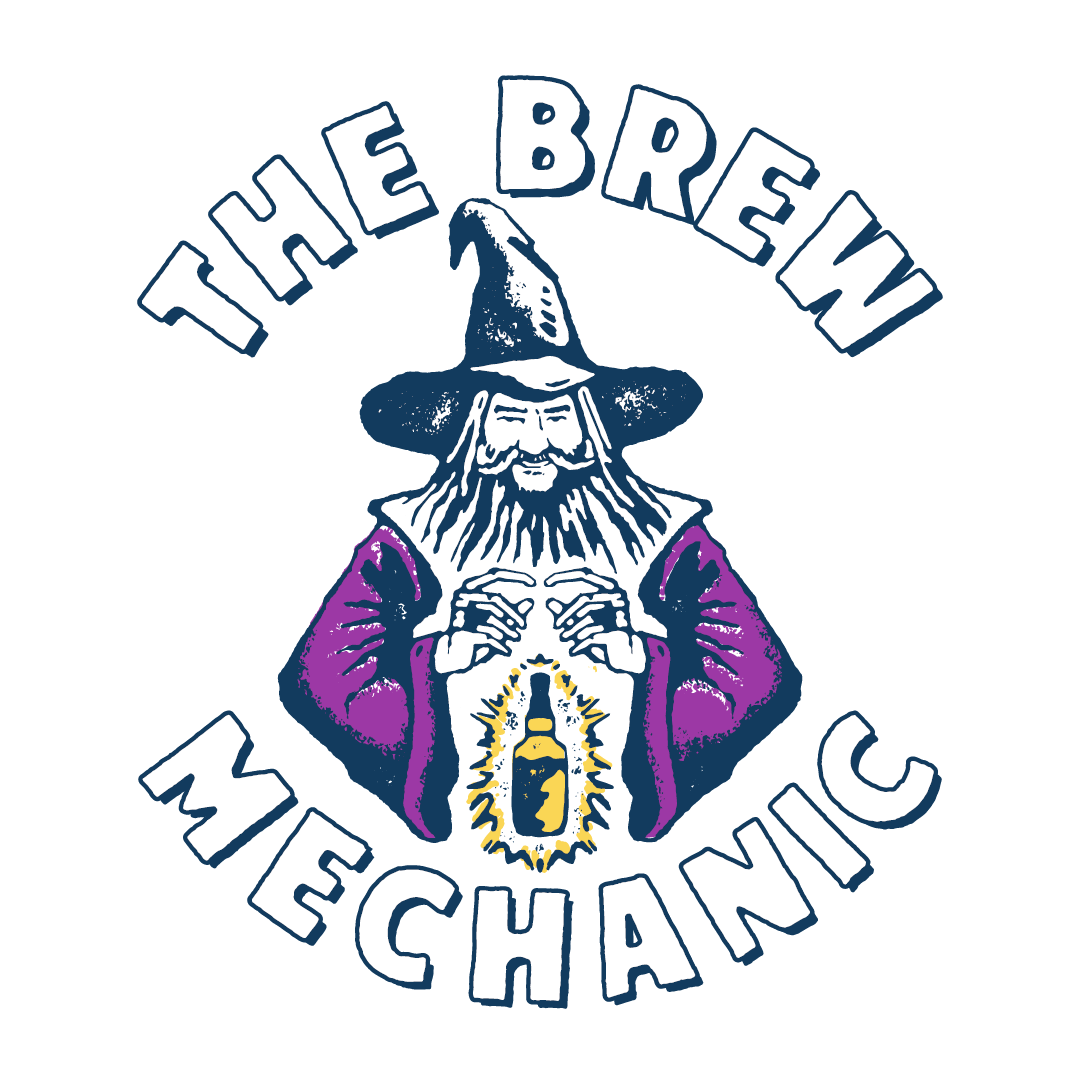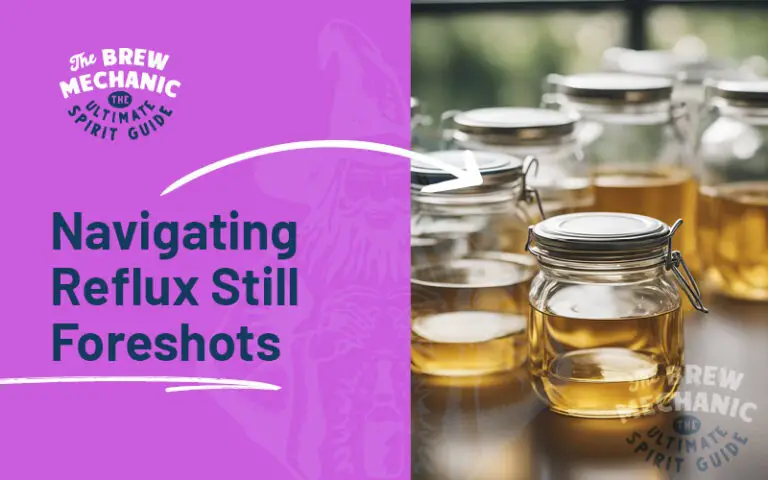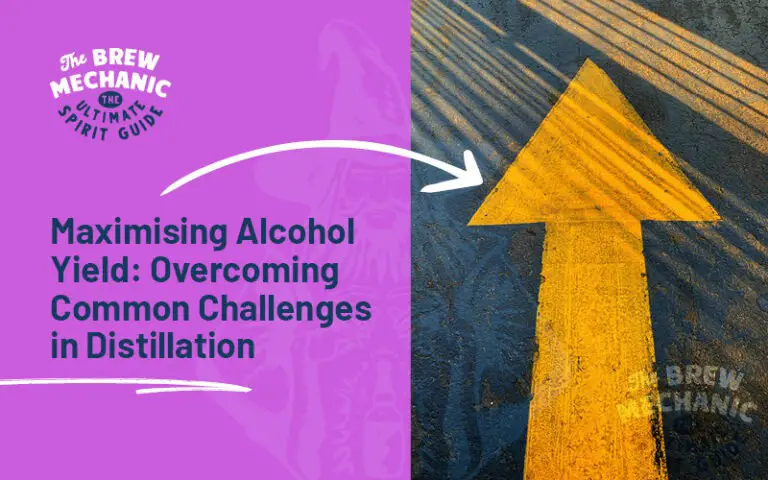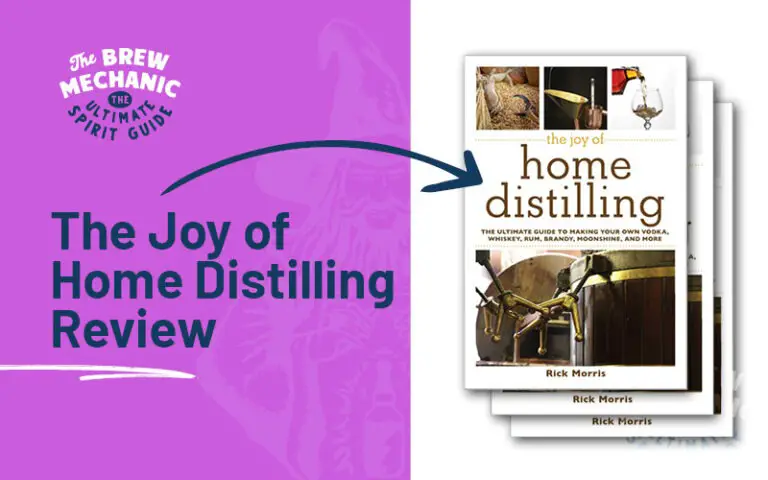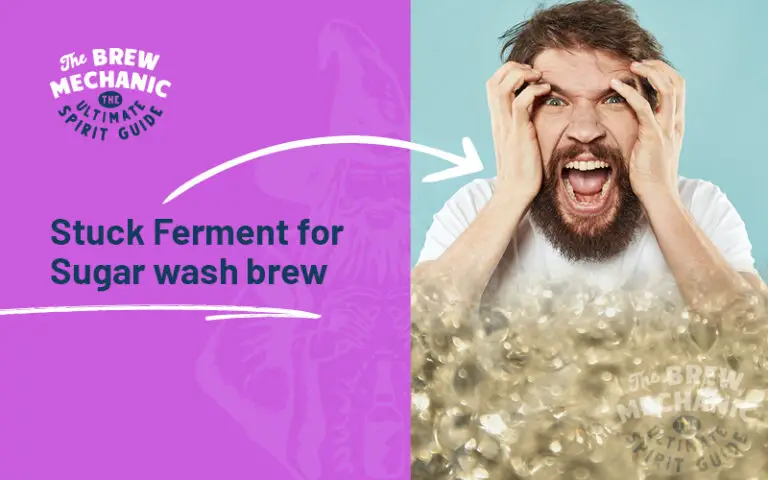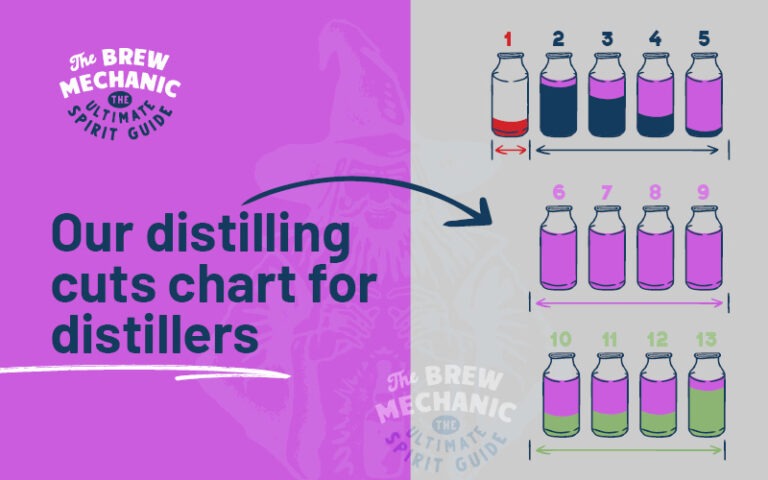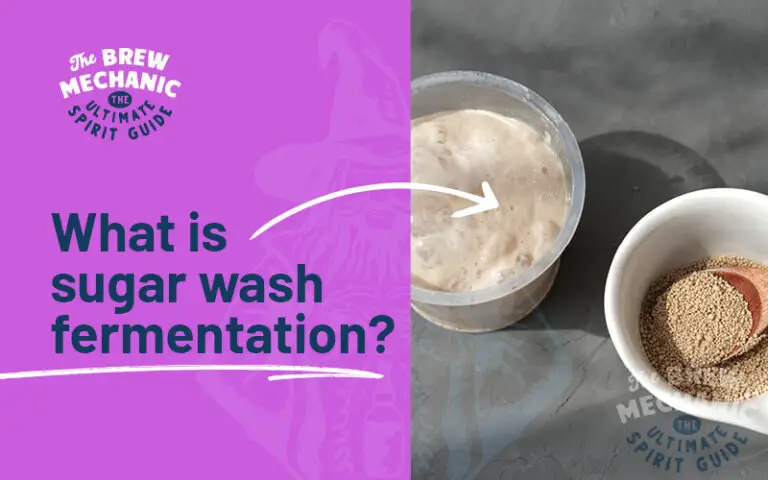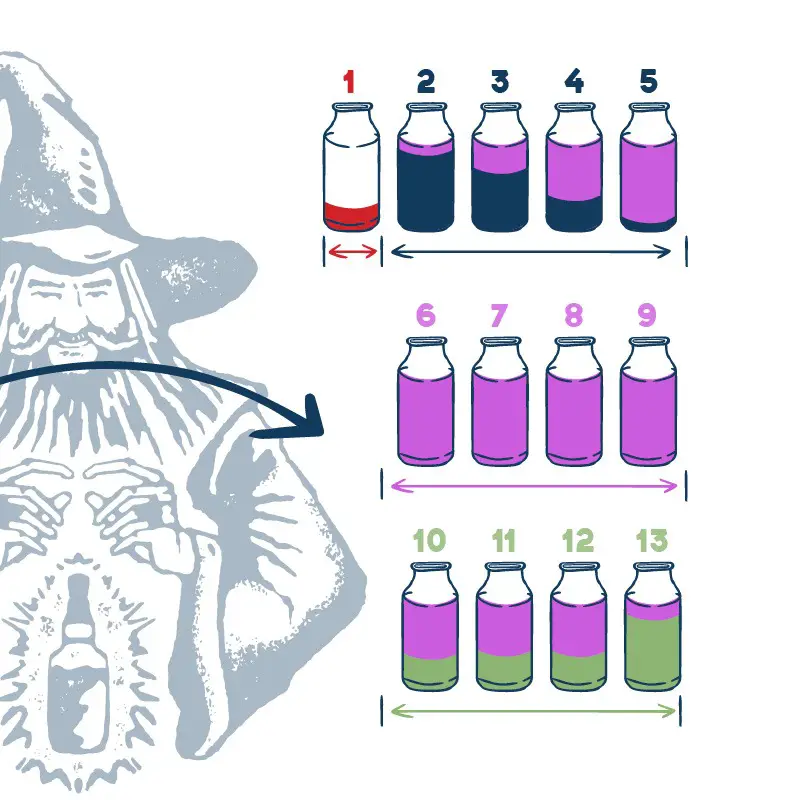The Dirty Truth About Turbo Yeast for a Distiller
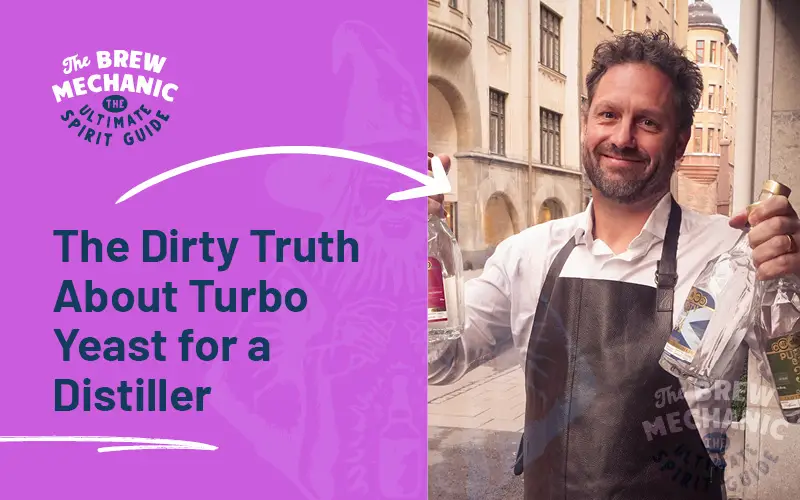
Disclaimer: This post might include affiliate links, through which I may earn a small commission without any extra cost to you. Additionally, I am an Amazon Associate and earn from eligible purchases. All the products and services I suggest are ones I have personally used or would use. Thank you very much for your support if you decide to buy through any of my links!
Come join the Distilling Squad!
Get the best fundamental tips & tricks here. Woohoo!
A turbo yeast sugar wash that is not controlled in the fermenting (temp) and distillation stages can cause a bitter taste in the spirits which can’t be removed.
It can be masked using glycerin to a certain degree, which is unethical. Remember, this is a DIY hobby, so quality over quantity counts. We want that good quality moonshine, okay.
A good brewer will not use turbo yeast.
Here are 14 foundation questions about turbo yeast:
1. Understanding Turbo Yeast.
Turbo yeast is a highly active fast fast-fermenting yeast strain used in home brewing to make a higher alcohol content with reduced fermentation time. This yeast comes pre-packed with all the ingredients.
The one big downside is should there be a problem during fermentation, where to start problem-solving. You must not add other ingredients to the pre-packed turbo yeast.
2. Composition of Turbo Yeast
It is made of a specific yeast, extra nutrients, bentonite, trace minerals and other additives.
3. How Turbo Yeast Works
The yeast is designed for fast conversion of sugar to alcohol in reduced time with higher alcohol content. It should only be used in making neutral spirits.
The reason is that it reduces the congeners in fermentation.
Those are needed to flavour the product you are making.
Turbo Yeast test done by Claw Hammer below.
“We tested Liquor Quick’s Turbo Pure X-Press (dehydrated), which is rated to produce up to 18% alcohol. According to the manufacturer, this yeast was created to produce “a very clean wash with minimal congeners.
We disagree with the first part of that statement.
The wash was anything but clean. It smelled and tasted absolutely awful, most likely due to excess nutrients that weren’t used by the yeast. In defence of Liquor Quick, perhaps if we had added more sugar and the yeast were able to work longer (using more of the nutrients) the wash would not have tasted so bad.
We actually agree with the second part of the above mentioned statement. The wash contained very few congeners. Congeners is a fancy term for all of the tasty ingredients found in the mash. The more congeners, the more mash flavour, the less congeners, the more devoid of taste the wash and final product will have.“
4. Why Turbo Yeast is not always Ideal
With turbo yeast, the reaction is fast and it removes congeners from the mash, which the brewer does not want.
Turbo yeast can be used on a neutral sugar wash. Cons the reaction is harder to control.
The brewer will add into the mash various ingredients that must ferment slowly in order for the flavour to affect the wash before distilling.
Is it worthwhile to increase the amount of alcohol, but must then spend time and money to clear the product and sweeten it by passing it through an activated charcoal filter to remove the other unwanted flavours.
5. Do professional brewers use Turbo yeast?
The answer to that is no.
Turbo yeast is made for rapid fermentation with higher alcohol content. This does improve the yield, but at a cost to the flavour profiles wanted by the brewer.
It produces a more neutral product with less flavour.
In many countries, as a professional brewer, you may not use turbo yeast to make alcohol to sell.
6. Flavour Profile Concerns
Yes, there are concerns when using turbo yeast as it reduces the congeners in the alcohol, making it more neutral. This is what you do not want when making whisky, rum etc.
In the fermentation stage the wash smells off? The yeast has a definite effect on the flavour of the alcohol produced under 10%. The yeast used plays a big factor in contributing to the flavour profile of the alcohol.
7. Risk of Off-Flavours and Contaminants
There are risks of off flavours, which can be removed in an activated carbon filter at an extra cost. The spirits made have a strange, rough taste to them. The taste of the alcohol made from regular yeast has a nice smell and is smooth when tasted.
The off flavours formed are due to the fast conversion of sugar to alcohol.
8. Alcohol Tolerance Limitations
Various normal yeast strains have tolerance levels from 8 to 14% in fermentation. The turbo yeast ranges can tolerate alcohol up to 24%.
The yeast used by the Brewers must have temperature tolerance and ferment to completion.
9. The Sugar Wash Process using Turbo yeast
I have only used turbo yeast once and it was a flop due the aftertaste and smell, which I was unable to remove after distillation. I did try various methods. To be safe, I dumped the whole batch.
You can refer to Claw Hammer’s report done on turbo Yeast as mentioned under heading 3.
10. The Sugar Wash Process using Turbo yeast
It is a fast fermenting yeast, designed to make higher tolerance alcohol yield up to 25% ABV with lowered fermentation time. The flavour profile is affected by this method.
Traditional yeast produces a lower alcohol level and is good for beers, wines and DIY spirits.
Traditional yeast is a slower but controlled fermentation process. This yeast plays a big part in the flavour profile.
Professional brewers do not use turbo yeast for sale to the public.
11. Fermentation Speed of Turbo yeast
The controlling factors here are the amount of sugar used, the type of yeast, temperature.
The turbo yeast can ferment to finish from 3 to 12 days. Depending on which brand of yeast is used.
12. End Product Quality
The end product of turbo yeast fermentation has a high alcohol yield but lacks on the profile side.
This is due to the fast fermentation process with unwanted side products that must be removed using clarifier agents designed for turbo yeast.
13. Alternative Methods to Turbo Yeast
The only other way to try and achieve higher yield is to use a high (Distillers yeast) quality yeast that is alcohol tolerant. This can be achieved with extra nutrients, but care must be taken when fermenting to watch temperature and pH.
14. Conclusion: Balancing Quality and Efficiency
From a DIY distiller’s point of view, it is not good if you want to make a safe product for yourself.
Based on the cost of the yeast and the extra additives you must use to clean it.
If the professional brewers are not using it, it makes you wonder.
A survey done by Claw Hammer stated that, in summary, we only recommend turbo yeast for making fuel for lawnmowers.
Last Updated on Jun 18, 2025 by The Brew Mechanic
Disclosure: I may receive affiliate compensation for some of the links below at no cost to you if you decide to purchase a product or service. You can read our affiliate disclosure in our privacy policy. The information provided is for entertainment only.

With 35 years of knowledge of being a chemical engineer in alcohol manufacturing plants, my mission is to teach the next generation of home distilling alcohol brewers at a supernatural speed.
My reviews are based on real-life experiences with reflux stills, sugar wash, troubleshooting and mystical chemical reactions.
